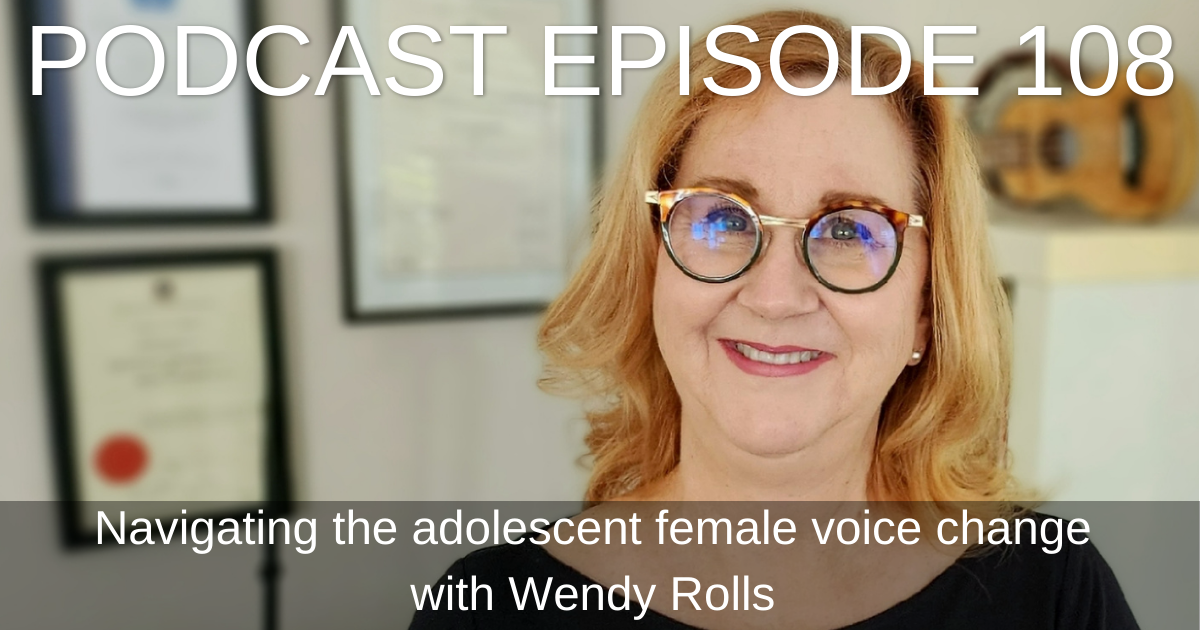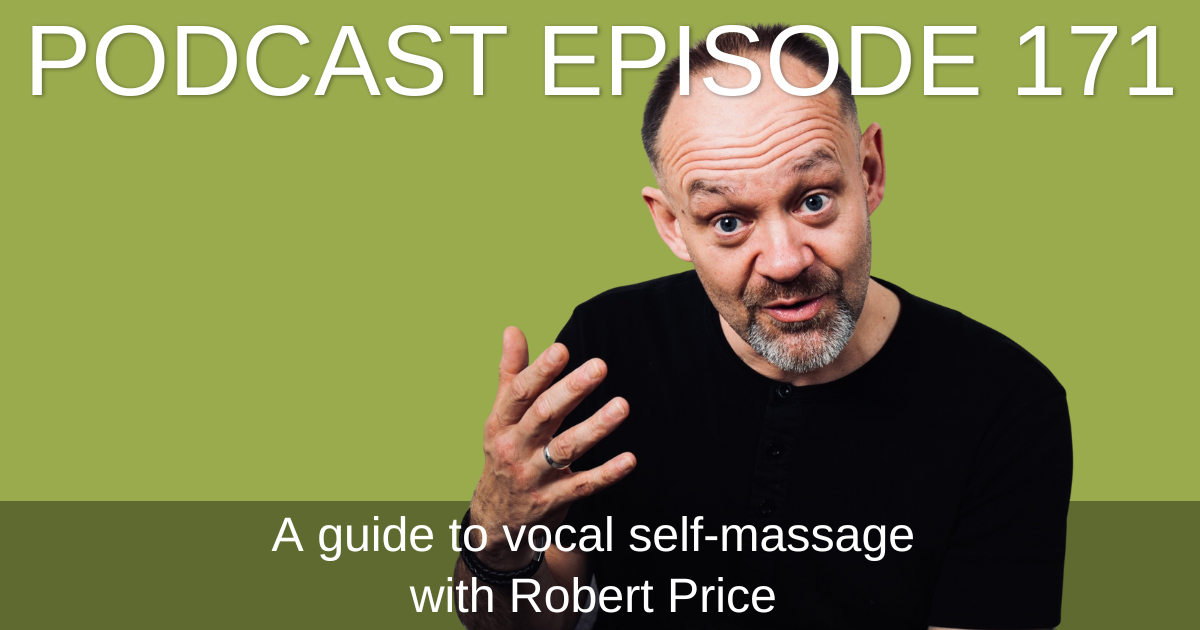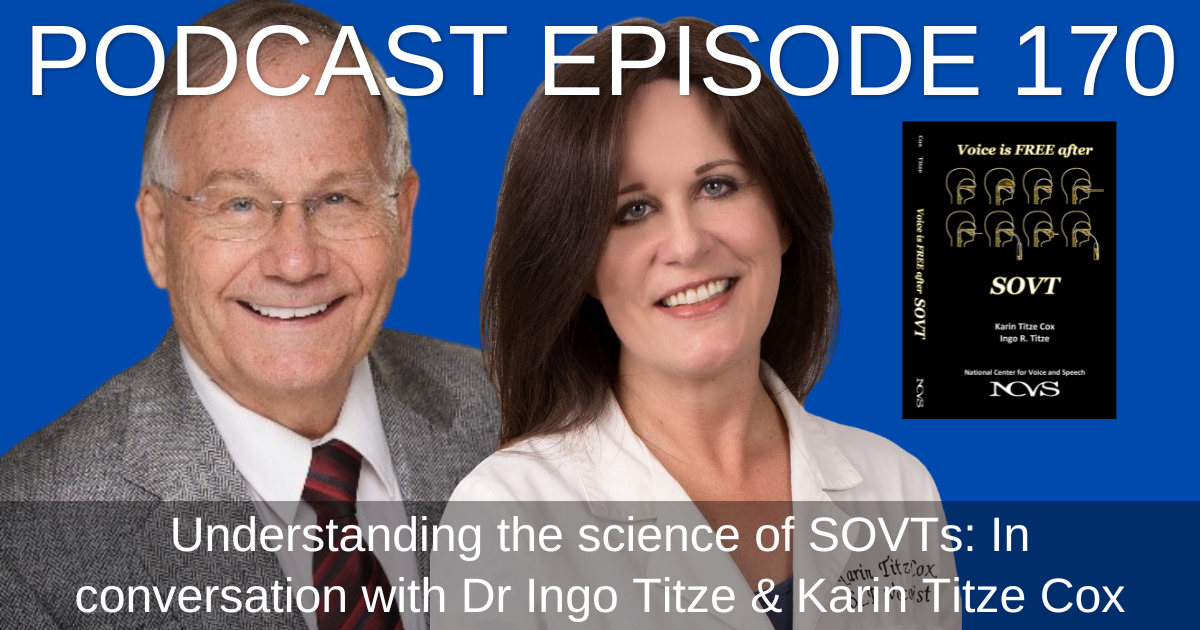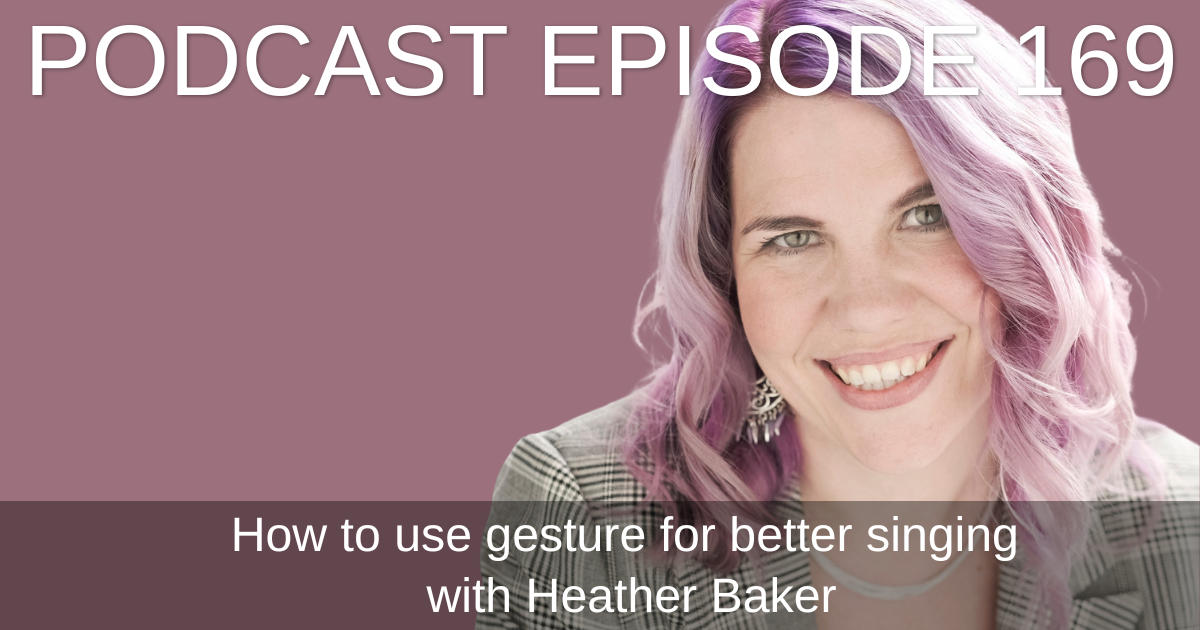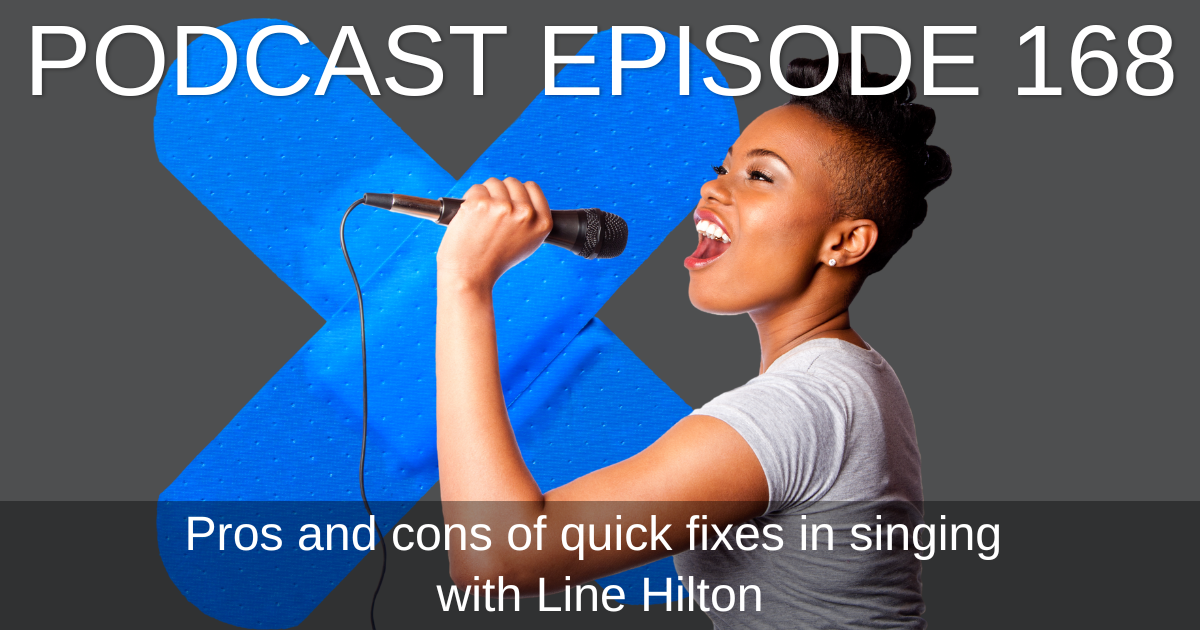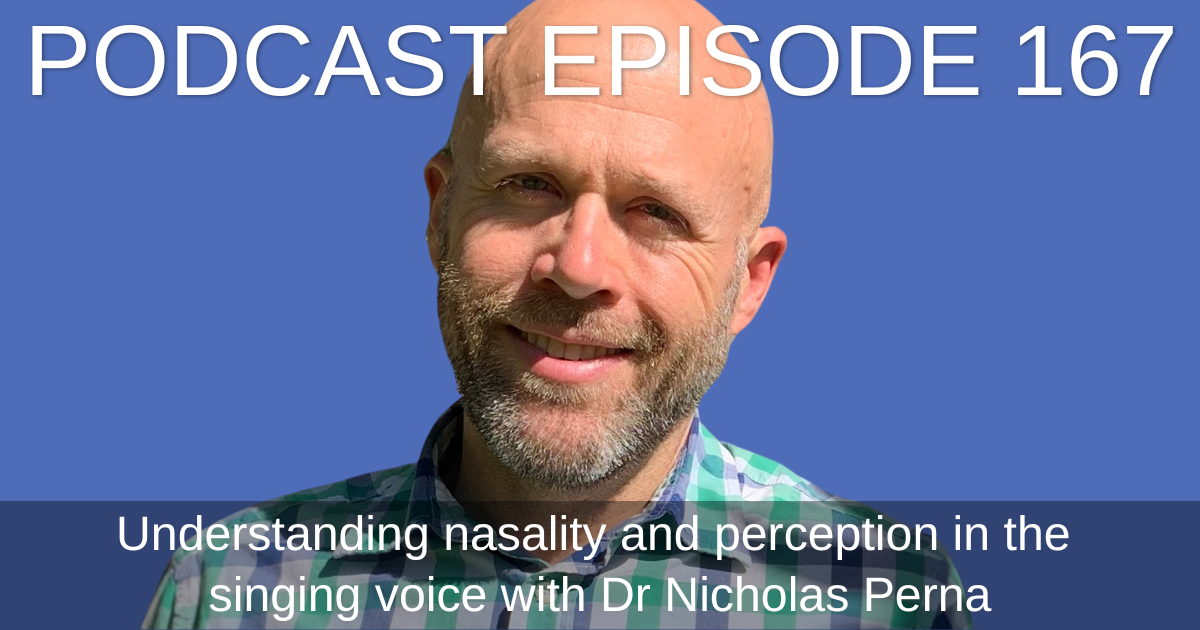Alexa’s guest this week is Wendy Rolls, who divides her time teaching singing at two Brisbane girls’ secondary schools and at her own private studio, conducting a chamber choir for middle school girls. Wendy completed a Masters where her thesis focused on the pedagogical needs of adolescent female singers and is currently tracking the development of nine girls for her PhD. She is the creator of the female voice change pamphlet and post packs and is on Singing Teachers Talk to discuss how we can best navigate the adolescent female voice change.
KEY TAKEAWAYS
- An adolescent girl’s voice will generally change when her body begins changing during puberty at around 13 or 14. Things become closer to their adult form, usually around the age of 16 however this will be different for everyone.
- As a teacher, it’s important to remember that during these changes, your students will be more anxious, emotional, impulsive and generally less able to reason and identify subtle emotions. Because of this, Wendy makes sure she cuts them some slack and smiles in ‘big print’ to make sure the positivity is not misinterpreted.
- The female larynx grows overall, whereas in males it grows by dropping down an octave. In females the range drops by around one-third overall so you will have to look at changing the key.
- Externalising progress is important to keep students motivated and positive about their development. Wendy likes to get students to give themselves a star rating out of five when it comes to learning a song. For example, if they gave themselves a three for melody or remembering lyrics one week and then four the next, we can see where they are, and they can evaluate their own progress.
- The more we affirm our students, the more they can see their value. They’re at a time in life where confidence can be knocked easily and that can shape who our students become as adults. As a teacher, you need to make learning and progress visible to allow your students to see their own progress and affirm themselves.
BEST MOMENTS
‘Everything is growing, not just the larynx, everything is changing in the body’
‘It’s really important to make sure we’re safe adults for our students’
‘I love the word noticing when it comes to teaching’
‘Our language is so important that we need to make sure we don’t inadvertently put pressure on students’
‘Singing is a source of joy and a creative release’
EPISODE RESOURCES
Guest Website:
Social Media:
- Facebook: Wendy Rolls Singing & Musicianship
Resources: (available from the website)
- Female voice change pamphlet and poster packs in a range of quantities (Australian & international packs available)
- Musicianship postcards for pentatony and diatony
Relevant Links & Mentions
- Mental Health First Aid England: mhfaengland.org
- Harvard Thinking Routines: pz.harvard.edu/thinking-routines
- Canva: canva.com/en_gb
- Accent Method
- If in Doubt, Breathe Out by Ron Morris and Linda Hutchison
- The work of Janice Chapman
- Singing and Teaching Singing: A Holistic Approach to Classical Voice by Janice Chapman
- James Clear: jamesclear.com/habit-triggers
- The work of Lynne Gackle
- Finding Ophelia’s Voice, Opening Ophelia’s Heart by Lynne Gackle
- Singing Teachers Talk Podcast: Ep. 87 How to Manage Allergies and Upper Respiratory Infections with Laryngologist Declan Costello: linktr.ee/basttraining?utm_source
- The work of Barbara Connable
- The work of Dr Jenevora Williams: jenevorawilliams.com
- Teaching Singing to Children and Young Adults by Dr Jenevora Williams
- Doctor Vox: doctorvox.co.uk
- Dane Chalfin: danechalfin.com
- Untangled by Lisa Damour
- Good Habits, Bad Habits by Wendy Wood
- Blame My Brain by Nicola Morgan
- Thinking Outside the Voice Box by Bridget Sweet
ABOUT THE GUEST
Wendy Rolls enjoys working with singers of all ages as a teacher, conductor and performer. Her work is informed by a wide-ranging background with a Master of Music Studies in vocal pedagogy from Queensland Conservatorium Griffith University, a Bachelor of Veterinary Science (UQ), a Bachelor of Education (QUT), and an Australian Kodály Certificate.
Wendy has worked with many young female singers as choristers and music students, including 12 years in a singing-based school music programme, from early childhood to middle school.
Wendy currently divides her time teaching singing at two Brisbane secondary girls’ schools and a private studio, conducting an auditioned chamber choir for middle school girls, and Ph.D. study.
Following her Master’s thesis on the pedagogical needs of adolescent female singers, Wendy recognised the need for a clear and simple way to explain girls’ voice change. The subsequent pamphlets were well received by both teachers and students, and she was encouraged to explore this area more deeply. Wendy’s current Ph.D. study involves one-to-one singing lessons with nine girls whilst tracking their vocal development and responses to changes they experience.
She has presented at workshops and conferences on vocal pedagogy, vocal health, and musicianship for singers for ANATS, ANCA and Kodály Australia.
Link to podcast presenter’s bios
